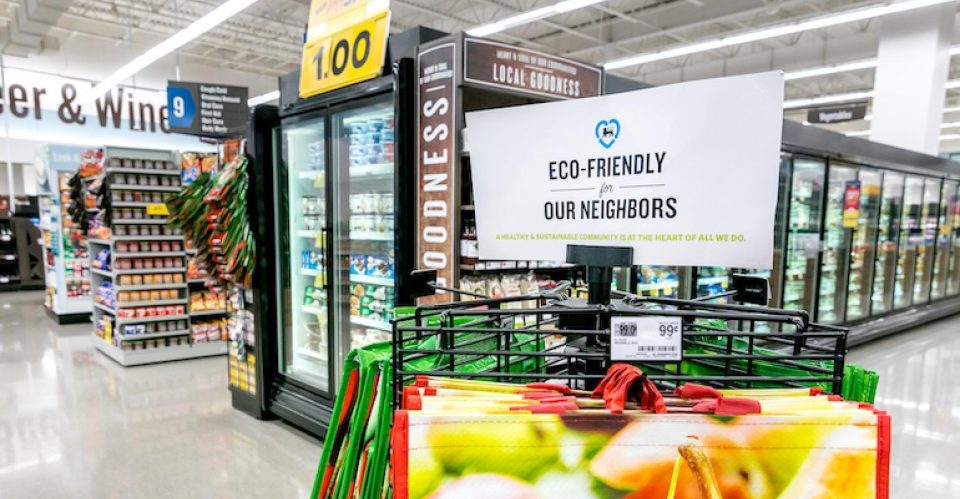It’s great to see that some supermarkets are taking steps towards sustainability and addressing their environmental impact. The top five supermarkets mentioned in the article, Lidl, Waitrose, Asda, Sainsbury’s, and Tesco, have made efforts to improve their sustainability practices.
Lidl, a German supermarket, stands out with the best score for greenhouse gas emissions and performs relatively well in minimizing plastic waste. However, it falls short in terms of food waste. Waitrose, known for its focus on sustainability, also scores well in terms of greenhouse gas emissions, plastic waste, and food waste.
Asda, a more affordable option, performs well in terms of greenhouse gas emissions and food waste, but lags behind in plastic waste reduction. Sainsbury’s excels in greenhouse gas emissions but needs improvement in plastic and food waste reduction. Tesco also scores well overall but has room for improvement in plastic waste reduction.
It is worth noting that all the supermarkets mentioned continue to offer plastic bags and use plastic packaging, contributing to the plastic waste problem. The UK supermarket industry alone produces a significant amount of plastic packaging each year, which often ends up in the environment and oceans. While some supermarkets have plans to reduce plastic usage, there is still room for greater ambition and action.
Greenpeace rightly points out that supermarkets have the power to lead the way in reducing single-use plastic by ditching plastic packaging altogether. By adopting more sustainable alternatives, such as reusable or biodegradable packaging, supermarkets can make a significant impact in reducing plastic waste.



